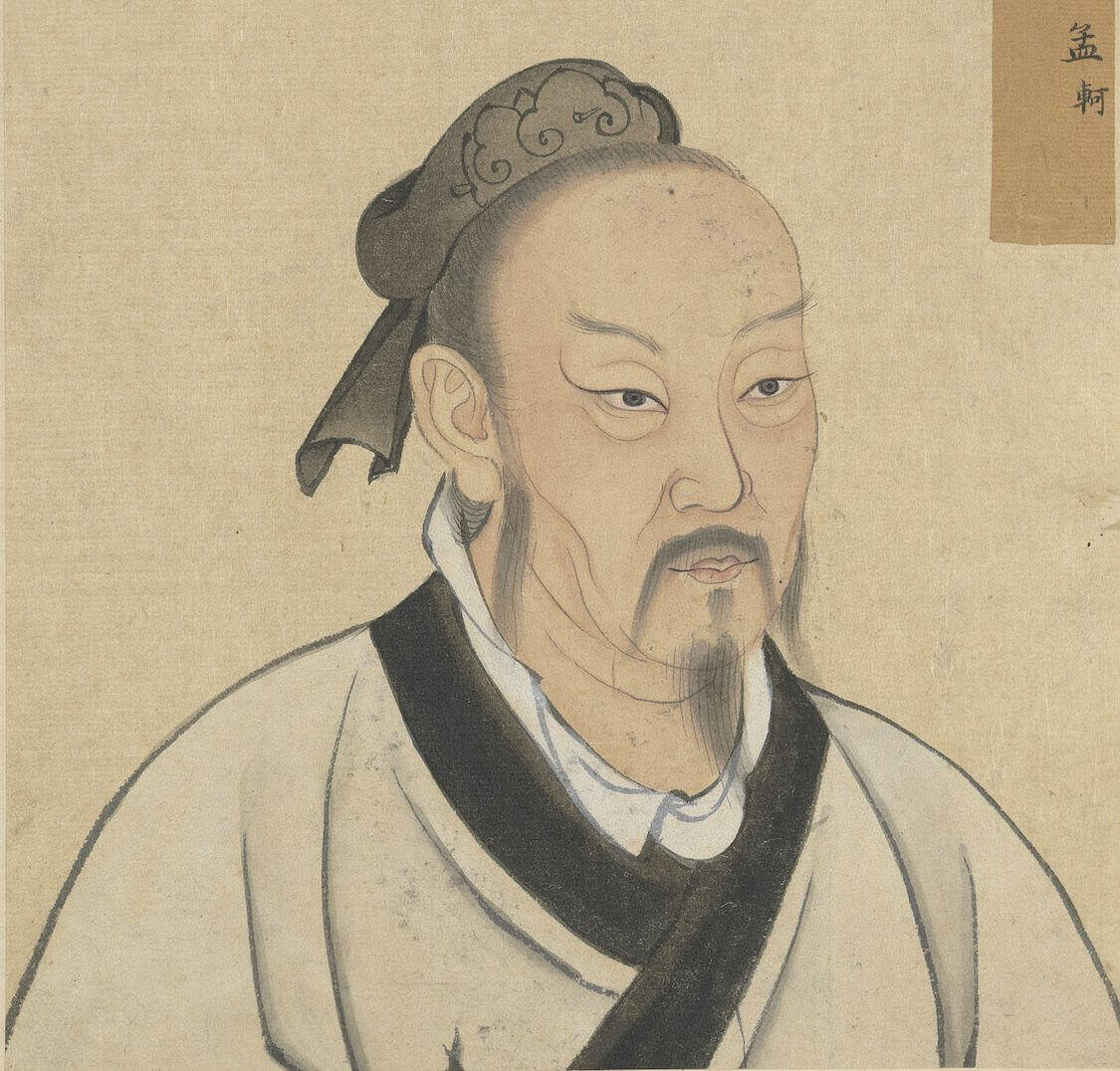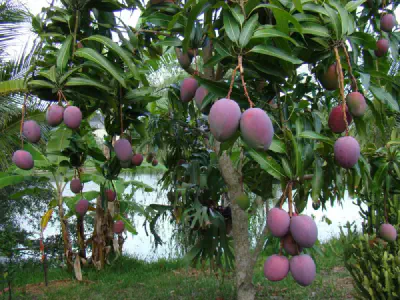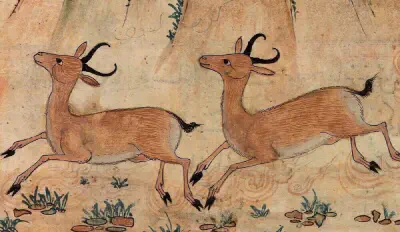Life
In China, Mencius is sometimes referred to as the Second Sage, meaning that in the Confucian tradition, he is second only to Confucius in importance. China’s Second Sage was born in the 4th century BCE in the state of Zou, in what is now present-day Shandong province. His estimated dates are either 372 – 289 BCE or 385 – c. 303 BCE.
Mencius’s given name was Meng Ke. The name “Mengzi”, means “master Meng”, the suffix zi being an honorific. When Jesuit scholars started translating Chinese texts into European languages, they Latinised his name to Mencius, just as they Latinised the name of China’s most famous philosopher, Master Kong or Kongzi, to Confucius.
The philosopher Bryan Van Norden has called Mencius the most influential philosopher whom you have never heard of. And even in China, even if everybody knows his name, Mencius is eclipsed by Confucius. This relative neglect is a shame because Mencius’s philosophy is every bit as fascinating and compelling as that of his predecessor.
A talent for imitation
Like Confucius, it is said the young Meng Ke lost his father when he was still young, so he was brought up by his mother. And perhaps the most famous story about Mencius’s early life is the story of his mother’s attempts to find a suitable place for them to live.
The story goes that little Meng Ke had a talent for imitation. He could pick up on what was going on around him and copy it. At first, the budding philosopher and his mother lived by a graveyard, and the boy spent his days playing at conducting funeral ceremonies or imitating the paid mourners. His mother, not convinced this was entirely wholesome, moved house. Next, they ended up living by a marketplace. This was an improvement, but with his penchant for imitation, little Meng Ke started to play at being a market-trader.
His exasperated mother had higher hopes for her son. They moved house again, this time settling near a school. This worked out better: Meng Ke saw the earnest students at their studies and copied them instead, and in time he became wise.
Advisor to dukes and kings
Colourful legends on one side, we don’t really know much about Mencius. According to some accounts, Mencius was a student of Zisi, Confucius’s grandson, although this may simply be a way of bolstering Mencius’s importance by giving him a direct lineage to China’s most famous sage. And the first clear glimpse we get of Mencius is when he is in the middle of his life.
By this time, Mencius had become a roving teacher and counsellor who sought to advise rulers on how to rule with justice and propriety. His conversations with these rulers are recorded, almost certainly in idealised form, in the book that bears his name: the Mencius, or the Mengzi.
Towards the end of his life, Mencius retired from politics, frustrated that his recommendations were falling on deaf ears. He returned to the state of Zou, and he died there in his seventies or eighties.
Philosophy
The goodness of our nature
Mencius is associated in particular with the argument that human nature is naturally good. The word for “nature” in Mencius is xing. As we saw on the Philosopher File on Yang Zhu, the idea of xing is rooted in metaphors of plant growth. Our xing isn’t something static and unchanging; instead, it is about how we grow, change and develop.
For Mencius, human nature is naturally good; but external conditions can lead to the stifling of this goodness. Not everybody agreed with Mencius’s take on human nature: another early Confucian thinker called Xunzi (c. 310- c. 235 BCE) argued the opposing view, that by nature we are crooked and badly formed. For Xunzi, human nature is bad, but it can be artificially made good thanks to the intervention of culture.
But against these claims, Mencius believes he has a knockout argument for human goodness. This is how he argues the case:
The reason why I say that all humans have hearts that are not unfeeling toward others is this. Suppose someone suddenly saw a child about to fall into a well: anyone in such a situation would have a feeling of alarm and compassion—not because one sought to get in good with the child’s parents, not because one wanted fame among one’s neighbors and friends, and not because one would dislike the sound of the child’s cries…Mengzi 2A (translated Bryan Van Norden, p. 64).
Four sprouts
For Mencius, our innate goodness isn’t just one thing. It’s more like a bundle of different qualities. To be a virtuous human, you have to multitask. So Mencius identifies four different aspects of virtue, all of which he sees as being innate. He calls these “sprouts.”
The first sprout is ren, sometimes translated as humaneness or benevolence. You could think of ren as a kind of fellow-feeling for other beings.
The second sprout is called yi in Chinese. This is sometimes translated as “rightness” or “justice.” Mencius says yi is associated with a sense of shame, with that inner feel for whether we are acting well or badly.
The third sprout is li or ritual. This goes back to Confucius, who argued that ritual is an important component of shared human life. Ritual, Mencius says, is the heart or mind that respects others. It is about knowing when to go along with something and when to politely decline, when to act and when to not act, when to engage and when not. It is about the delicate nuances of our interpersonal relationships.
The final sprout is wisdom — or zhi in Chinese. This is the ability to distinguish between what is and what isn’t the case, what is and what isn’t true.
If you cultivate these four sprouts, Mencius maintains, then your virtues will flourish, like vigorous plants. Ethics is horticulture.
On Ox Mountain
But if we all have these four sprouts of virtue, this leaves Mencius with an obvious problem: why is the world in such a mess?
Responding to this objection, Mencius tells one of his most famous stories.
The trees of Ox Mountain were once beautiful. But because it bordered on a large state, hatchets and axes besieged it. Could it remain verdant? Due to the respite it got during the day or night, and the moisture of rain and dew, there were sprouts and shoots growing there. But oxen and sheep came and grazed on them. Hence, it was as if it were barren. Seeing it barren, people believed that there had never been any timber there. But could this be the nature of the mountainMengzi 6A (translated Bryan Van Norden, p 127).
It is not, Mencius is arguing, that we lack the capacity for virtue. It is that the conditions for nourishing our virtue are not in place. Worse than that, the conditions we live in often get in the way of the development of our virtues.
It’s up to us, but not entirely
This means that virtue is up to us, but not entirely. We have some responsibility for nurturing our own sprouts of virtue. But this is only part of the story. On Ox Mountain, it is external forces that are really most destructive: the forces that cut down the trees and graze livestock on the tender shoots. So we need to be in an environment that supports the natural expression of this human goodness. Without the right environment, our goodness will be cut down by external forces, and any new shoots of goodness won’t grow.
Mencius maintains that things like hunger, poverty, injustice and need create chaotic and destructive social environments. And these environments get in the way of the flourishing of virtue. This has implications for how to govern. If we want to govern well, the priority is to meet people’s basic needs. But a wise ruler should also provide an education that supports the growth of a flourishing ethical life.
It was in pursuit of this vision that Mencius carried out his philosophy: talking to the rulers of his day, trying to get them to commit themselves to education, to justice, to fairness, and to an environment that supports the goodness latent in us all.
Further Reading
Books
My favourite translation is Bryan Van Norden’s Mengzi: with selections from traditional commentaries (Hackett 2008).
For more context, try Sarah Allen’s wonderful The Way of Water and the Sprouts of Virtue (SUNY Press 1997).
Michael Puett and Christine Gross-Loh’s The Path: A New Way to Think About Everything (Penguin 2017) is a good introduction to Chinese traditions of philosophy.
For a more meaty read, try Owen Flanagan’s Moral Sprouts and Natural Teleologies: 21st Century Moral Psychology Meets Classical Chinese Philosophy (Marquette University Press 2014).
Online Resources
Read Van Norden’s essay about Mencius over on Aeon Magazine.
And see this little piece I wrote on Mencius and ethical rewilding.
Image: Portrait of Mencius from Half Portraits of the Great Sage and Virtuous Men of Old (14th century, Anon). Public domain via Wikimedia Commons.
__



